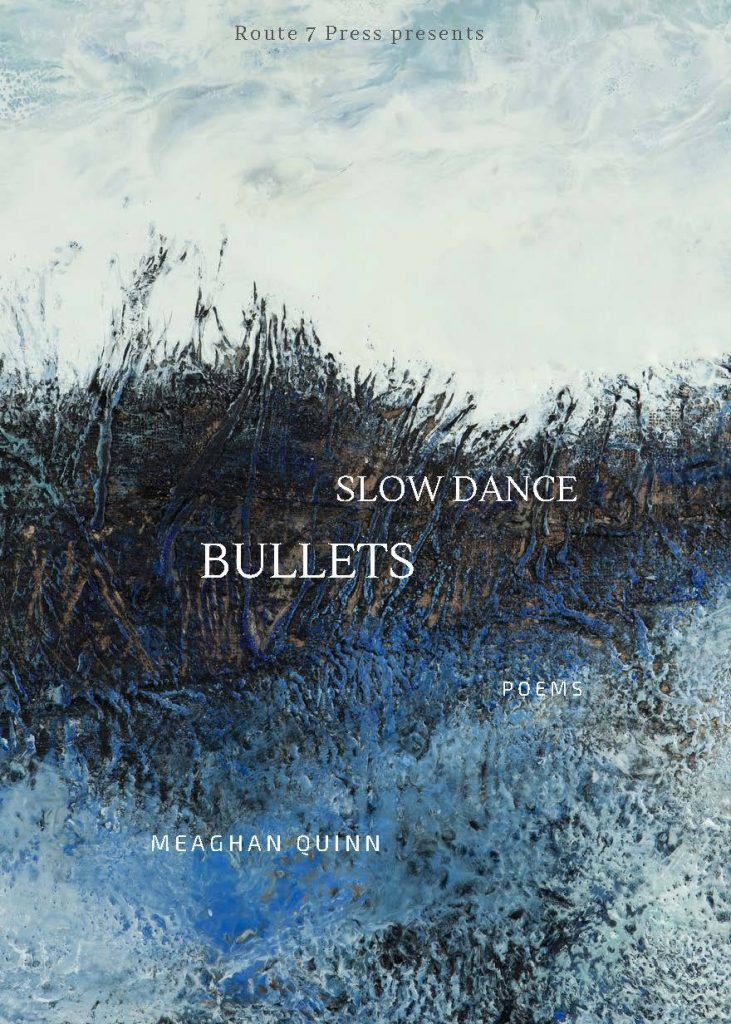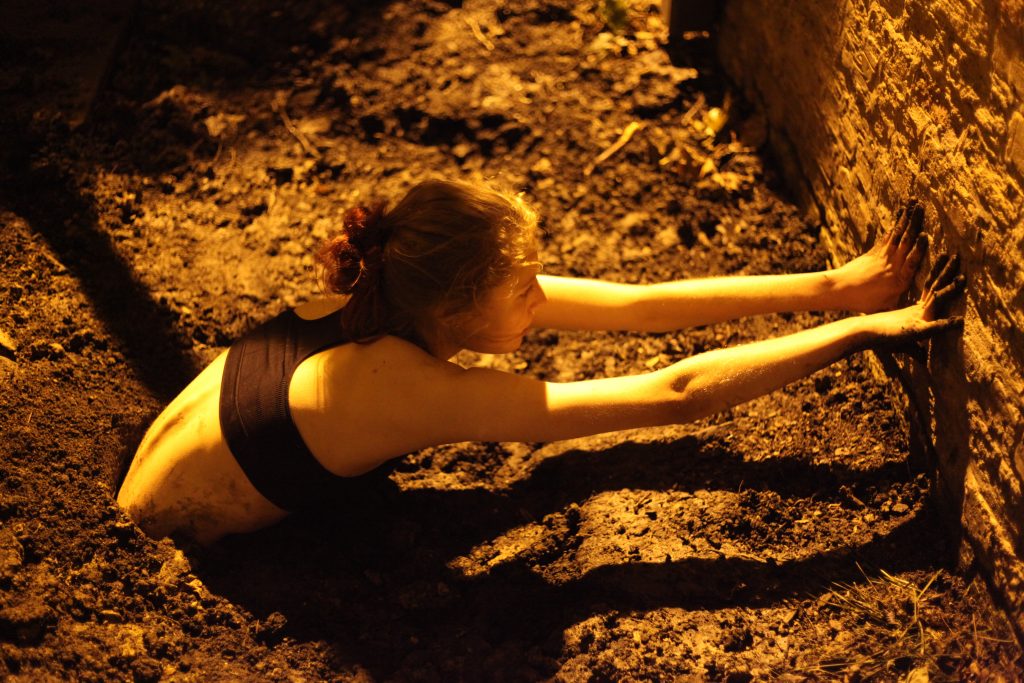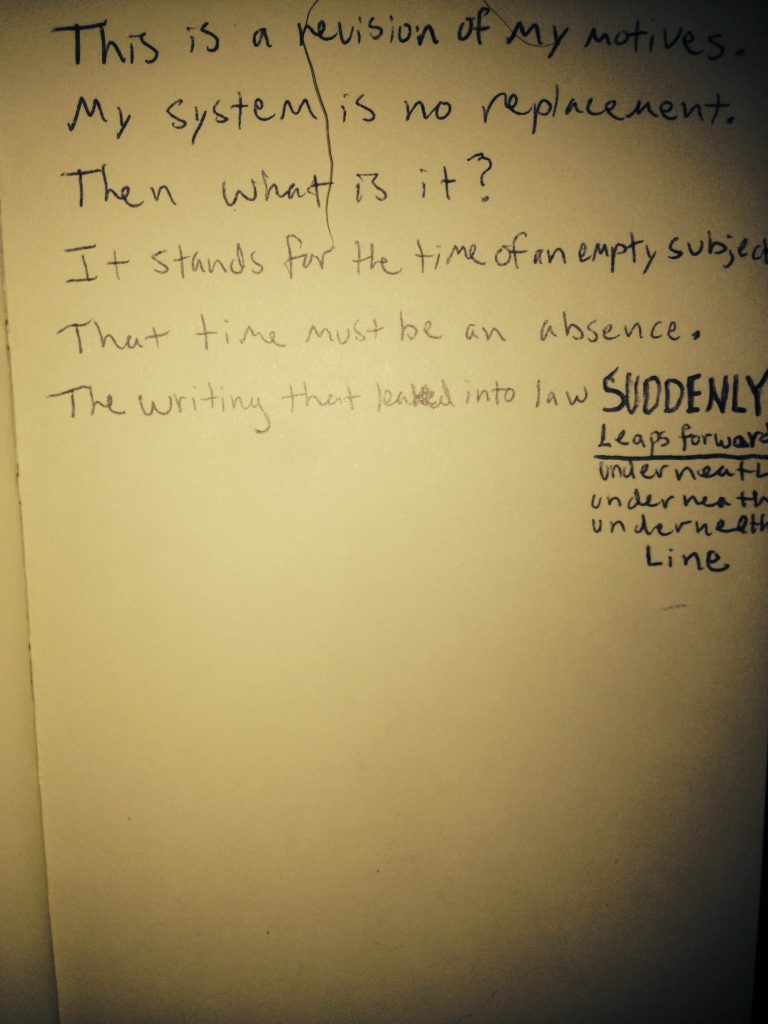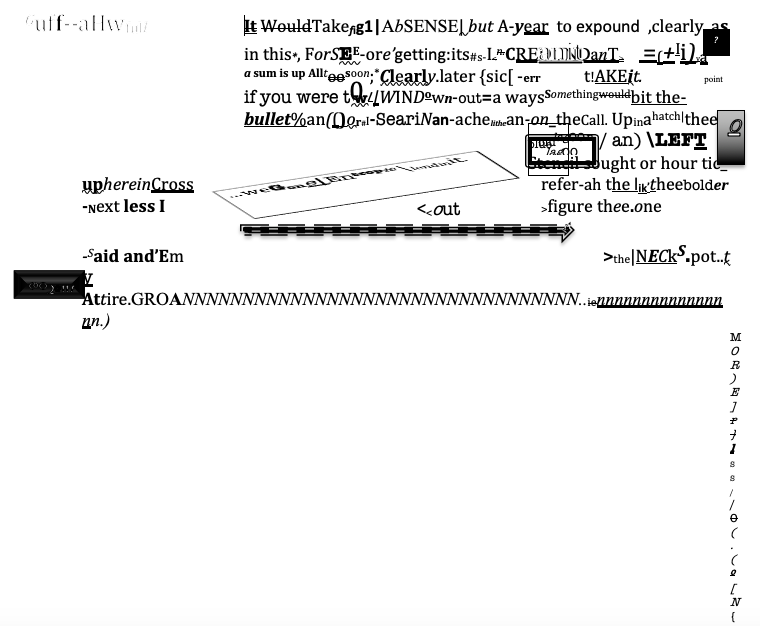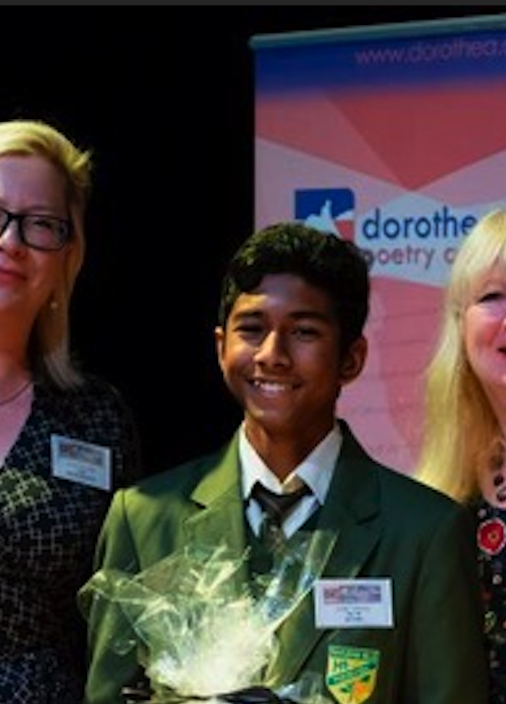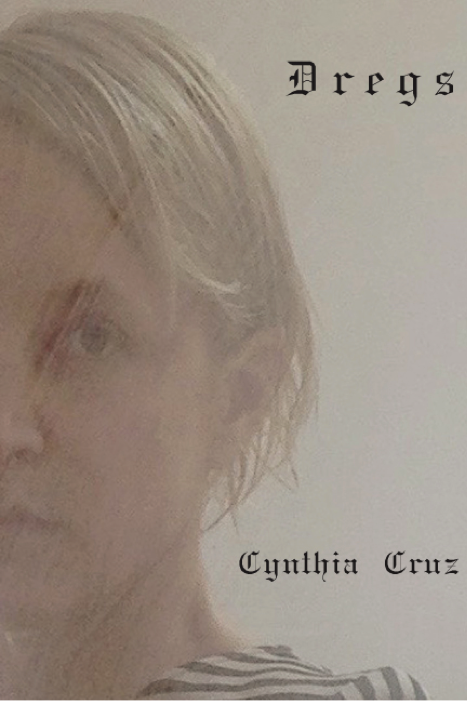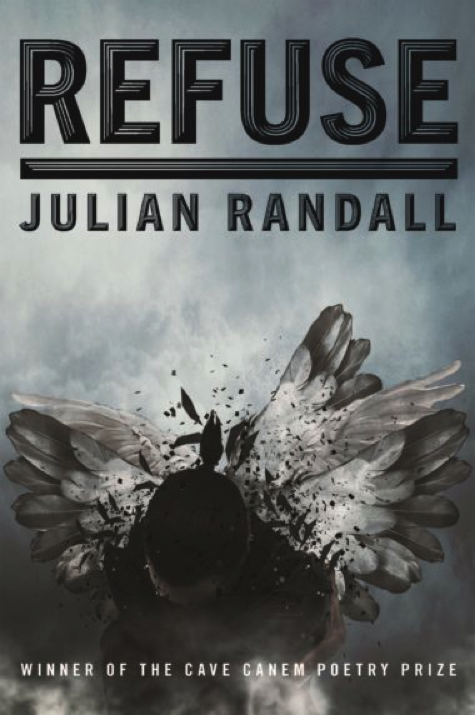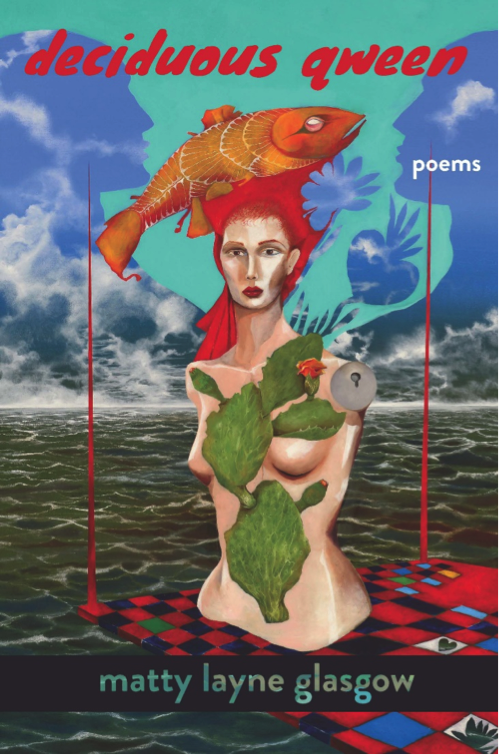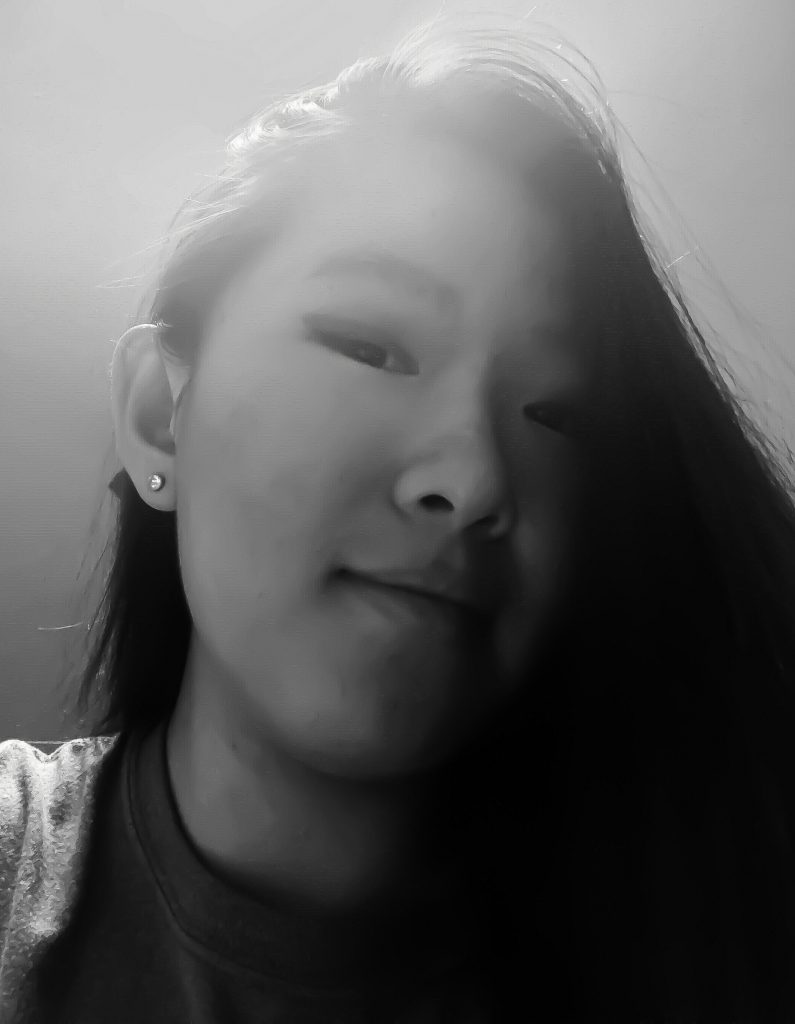Ruth Danon and Philip Brady, poets and prose writers, engage in a conversation exploring their shared love of Joyce, their complementary sensibilities, and the very different writing processes that resulted in their recently published books.
—
Ruth Danon: Let me start by saying how much I enjoyed reading Phantom Signs. I love the passionate virtuosity in the way you handle the language and the variety in the essays. You kept me engaged because you are so engaged. And so a number of questions come to mind.
First, I’m interested that right away, in the second paragraph of the introduction, you invoke a kind of Manichean universe — “the writer’s dark, the editor’s light.” And all the way through it seems that binaries haunt you. “Written word” or “living breath;” what is outside of temporal limits and what is defined and constrained by them. I can’t help but think about matter and spirit and about what appears to be the deep influence of an Irish Catholic upbringing in your work. Could you address the way your early background shapes the distinctive and pervasive internal debate between “dark” and “light” in your work?
Philip Brady: I grew up in Queens, which in the sixties was a bit like nowhere at all. Now Queens has become everywhere. I imagined my own Queens, and reality didn’t object much. There were 60 kids per nun and we were arranged by height so the back rows were a no-go area where you could read or daydream as long as long as peace prevailed. At home, I rocked in front of the hi fi to my father’s come-all-ye-diddly-eye albums, and as the poem says:
On hands and knees, speed adjusted to song,
I squinched my eyes and soared over the streets.
My heels kept me from regressing beyond Queens,
But I embodied an oceanic voyage,
Finding in rhythm a charm against time’s surge.
That’s from another book, not part of our conversation, but it shows that your question pinpoints my obsessions. I think that poetry is always just beyond our reach, and what we call “poems” are our attempt to reach them—to enter a world where language connects time and timelessness, and lines are conceived and spoken in one breath. This also seems a recurring theme of this mysterious and light and dark-striated book, Word Has It. The poems are, in your phrase, “Shot Through”—not only with light, but with musing and murmuring that attune “domestic” speech to “habitation.” Even the title, Word Has It—affirms and questions language. If Phantom Signs divides, Word Has It radiates into “a silence of my own making.” How do these poems come about? How to they work their frank and subtle magic?
RD: Magic? That’s a nice word to attach to the poems. Thank you. I can say quite frankly that they come about without intention just as the book itself was discovered by looking at the many poems I had written without assumptions. I am committed to the notion that we write our way into the unknown and that what I can bring to bear on any instance of writing is my life as I’m living it and some ineluctable pull of language. My habit has been to write every day, late at night, and quite quickly. Occasionally, as in the case of the “Word” poems one night will provoke the next and so a series comes into being. I am also committed to the notion that the hardest task of the writer, after getting the words onto the page, is to read what’s there and to understand what’s there. I didn’t know I was writing political poems until I looked at them, hard. I found a narrative in the poems when I started to read them in relation to one another. I found the language of the last part in books and articles about Roman divination because I had taken it into my head that I was interested in augury. So this work springs from deep, unknown sources – written without thinking but reflected upon with a great deal of thought and what I hope is an unsparing willingness to see what’s in front of me. Beyond that, I think, and have just discovered this, that the subtext has everything to do with my feeling that as a child of immigrants and exiles I, too, live in a condition of exile, longing for a home but never quite finding it and now, in view of what the books seems to have had as prophesy, in a state of despair about the home I have come to live in.
Another question: If I read you accurately at all you seem to be exploring the ways in which poetry and life as a poet expand beyond the activity of “making” poems. Is there a kind of vocation that transcends the idea of “product?” that is one of your concerns? In other words, even beyond the binary of process versus product, is there some existential condition or role implied in the way that a person might (ideally) take on the role of poet? I’m interested in this in part because it seems connected to the end of the second part and all of the third part of my book, Word Has It, and so I’m wondering if this is a point of connection and conversation for us.
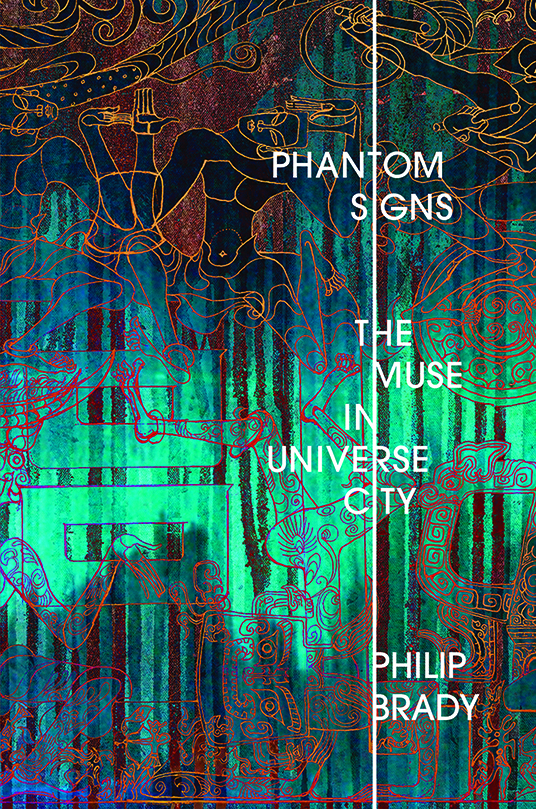
PB: My enigmatic sub-title, “the Muse in Universe City” is meant to contrast the power and linguistic force of poetry with the fact that it has been appropriated by academia, which seems to be poetry’s bastion. Universities support poets and poems—and literary non-profit presses, like the one that I run, Etruscan Press, and Nirala, which produced Word Has It in a beautiful dual edition, cloth and paper. As you know, there’s a strange disconnect between the idea of poetry—which is generally held as an ethereal vocation—and the small, dedicated audience of poetry readers. While the readership is small, many if not most people turn to poetry at some time—or even begin with poetry. As I have it in one essay,
“Anyone touched by a poem burns to write one—or better, to have written. This is not true of novels or plays or screenplays or memoirs. Like acrobatics or opera, I love to watch, but do not seek to emulate. But poems look easy; they make us feel we too could ignite language. As a provost once asked, ‘Is that a real poem or did you just make it up?'”
At least part of the problem, it seems to me, lies in the definition. We apply the name “poetry” to literary poetry, but we tend not to think of all the other linguistic practices through which people receive an aesthetic experience. Poetry has always had this divide—between the esoteric and popular traditions. But now the name poetry has been usurped by the esoteric tradition—that is, the literary tradition. So, “Poetry requires a belief that within language, and outside of any particular iteration of language, there are possibilities that can never be attended at one time. They have one foot outside. They are beyond. They are what we used to call the Muse: not a persona, or a Star Wars Force, but a condition, a state of things. It flickers on the page and in the air. It circumnavigates the dead.”Another i ssue is the dominance of the lyric. Now that drama and epic have been ceded to prose, poetry’s most salient characteristic seems to be brevity. Coming to grips with this radical distortion of scale is lyric poetry’s gift and responsibility. How do we get people to stay in this infinitesimally eternal moment—the line, the phrase, the word. You quote Yuyutsu Sharma, whom I had the pleasure of meeting recently, “to be a poet…you must set your house on fire and walk away.” One reading of this line would be that the house is prose—or even language—and that the poet walks away with only breath and utterance. In Phantom Signs, I argue that “art is not a personal activity. It is a soulful receptivity. It is the impression left upon the mind when all writing has been effaced.” In their brevity, in their illumination of particular moments, and in their blending of line and sentence, the poems of Word Has It leave unique impressions. I’d love to hear more about the source of this lyric model.
RD: My first impulse is to say “I don’t know,” but that is a cop out, so I will try as best I can to take on your question. There is, of course, a fine tradition of short poems. Think of Sappho and Basho, of the imagists, many of Creeley’s poems, even, for pity’s sake ,the terrible instapoets of the moment. Models of brevity are everywhere. In both high and low culture. I think of lyric moments as suspending chronological time, the way the rabbis describe the Sabbath. These brief pieces in the book, written usually late at night, represent moments of suspended time. My days are generally long and I don’t usually get to the page until late at night. I’m tired. Part of me wants to resist the whole enterprise. So I write under the pressure of time and tiredness and resistance and the bits of poems emerge out of that mix. But then there is also the tradition of the long poem and I love those as well. My earliest and deepest influence was Eliot. So because I also want to write long as well as short and because the fragments and bits seem to suggest a narrative, I end up putting the small poems together. They aggregate. In that aggregation I begin to understand what I’m doing.
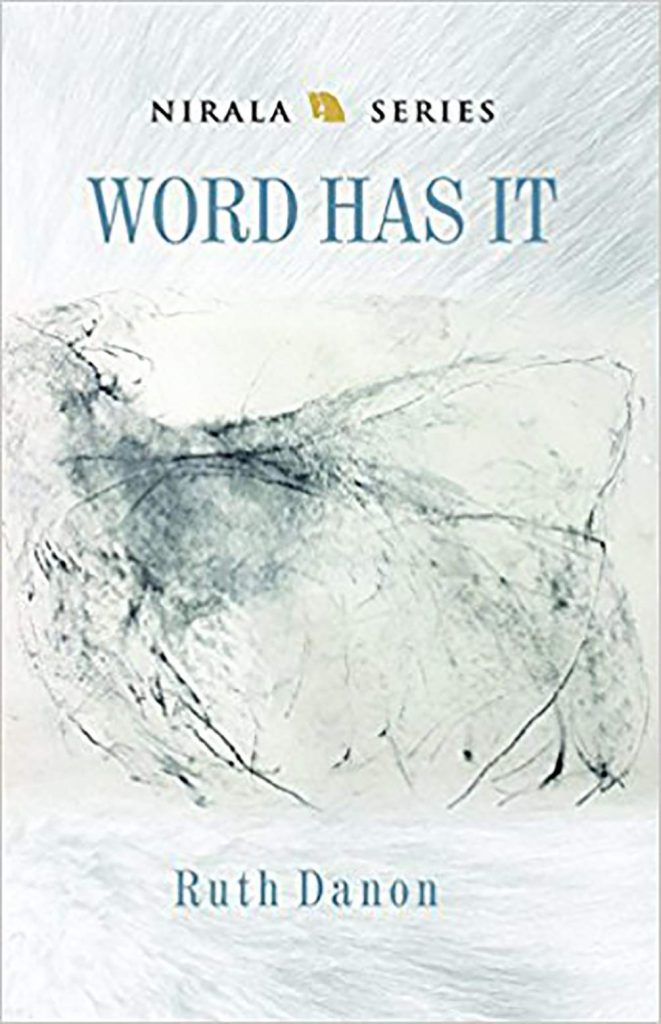
PB: I find the notion that you are writing at night, “under the pressure of time and tiredness and resistance”—almost in an altered state–scary and attractive. It implies a faith in the power of the connection between mind and word, as if you are tapping into some source that surfaces when the ego-self is less active. And it implies, for me, that that source is revelatory. I’m thinking of William Heyen, a poet I write about in Phantom Signs, who speaks of “The landscape within…,” and “Faith in an inclusive and enabling aesthetic” requiring “a belief in the idea of wholeness.” “Everything in the end,” Heyen writes, “comes to One.” I think of this kind of poetry as tuning psyche to song, and for me it requires enormous willingness to reveal that “landscape within.”
As they say in Queens, I dig with the other foot. I am less confident in whatever source I might unveil in an inner landscape. For me to write, and believe in what I have written, there must be many layers—what I’m calling in my new long poem, Counterclockwise Time—which is the time and craft layered in the making of the poem, which must appear in Clockwise Time—which has, in my poem, two aspects—time lived and reconceived as told. But I love the poetry that seems unfettered and unmediated—open to self and world. I wonder if this speaks to your writing process and mission?
RD: An interesting question and not so easy to answer – or maybe there isn’t a singular answer. I think that in some ways we/I (at least) write one long poem that is the poem of our lives. My first poem (written when I was a child) offered concerns and poetics that have remained with me – namely the focus on language as a concern and a linking of abstract and concrete that seems to be something people comment on in my work. So in some ways I’m “fettered” to those preoccupations. How they surface is the mystery of the work and the joy. But everything I write is also in the context of other writing. In “Habitation” there is a little homage to Williams. I have often used found text, especially from Wittgenstein and the Renaissance architectural writer, Alberti. Eliot has been a major influence, as has been Ashbery. But the mediation does, I think, occur at a very deep, subconscious level. What I steep myself in emerges in ways I can’t predict. I wish I were even more porous than I am, though I am, as you say, open to the world as it presents itself in an ongoing fashion. And much of that “world” is the world of other texts, the world of language, which is my real home. And that brings me to my next question, which has to do with the world of literature.
You and I share a deep love for Joyce’s “The Dead.” It’s a story I’ve taught a million times and the ending never fails to send chills up and down my spine. I’m curious about a couple of things about your relationship to the story and how that relationship has shaped your own writing. Do you think Gabriel is fully redeemed at the end? And by that I mean do you think he really discovers a kind of love for Gretta that he hadn’t had before? Or is he, at the end, simply drawn away from eros into thanatos — into an awareness of his own and everyone’s mortality that leaves him feeling pretty alone. I’ve constructed this as a binary and I’m wondering if it’s a false binary and I’m wondering if, as in the perplexing (in a positive sense of perplexing as in one that forces us to think hard without necessarily arriving at a conclusion) essay about Kirk Nesset, the question can’t be resolved neatly and that part of what you are up to in this book is the way paradoxes remain thus — not everything gets resolved – and is there an aesthetics implied in that? (Wow, that’s a mouthful.)
PB: I’m delighted at your delight with this wonderful story. I’m probably too personally invested in the character of Gabriel to be a fair critic, but I have always thought that his confession comparing his husbandly love for Gretta with Michael’s Furey’s youthful passion for her is the most poignant of moments. “He had never felt like that himself towards any woman, but he knew that such a feeling must be love.” For me, as a man entering the suburbs of old age, this confession is the most refined and intense feeling: his lifelong love for Gretta is far deeper than Michael Furey’s youthful passion. And I think you’re right—there isn’t a satisfactory binary. Gabriel is in love, and he is also alone; he is generous and also self-engrossed. And in a sense, the ending—one of the most beautiful I’ve read—reminds us too that it is possible to fold irony into lyric, and identity into dissolution, and prose into poetry, just as the snow is general all over Ireland, and at the same time falling “on every part of the lonely churchyard on the hill where Michael Furey lay buried. It lay thickly drifted on the crooked crosses and headstones, on the spears of the little gate, on the barren thorns…” Vast and tiny—that radical dislocation of scale which is poetry’s colophon.
RD: Oh how I love your phrase “the radical dislocation of scale . . . poetry’s colophon.” So lovely! And that makes me ask the next question. I know that in my own life the conditions under which I write poetry and under which I write prose are quite different. Poetry requires a kind of urgent liminality. Prose demands that I be clearheaded and focused and with a surfeit of time. Your prose is lush and rich and very poem- like. But your prose is prose nonetheless and so I am wondering if you experience the two modes of writing as two modes of being.
PB: Yes, I’m glad to come back to this—because it does speak to a question, which has occupied me as a poet, writer, and publisher. Etruscan Press was founded in a conversation with novelist Robert Mooney, asking whether poetry and prose were manifestations of the same impulse, immersed in different practices and traditions, or if on the other hand they were completely different arts, joined by the technology of the alphabet. We find the nexus in poetry, which partakes of movement and narrative, and prose which features moments of stillness. Composing poetry I imagine no audience. I write and read poetry to reshape my mind—as Seamus Heaney puts it, “I rhyme to see myself, to set the darkness echoing.” On the page, a poem remains, for me, a draft. If it has not made its way into my synapses, escorting me to sleep or accompanying on a walk or whispering in the subway clatter or taking me out of a seminar or tavern, it has not fully been realized. I love what my teacher Jerome Rothenberg once said, “I make those poems which I have not found elsewhere, and for whose existence I feel a deep need.” Rothenberg connects his own poems with those first conceived by others, but which he has creatively inhabited. For me, this is where poetry is distinct—in its failure to belong solely to an author, in the power of rhythmic utterance to braid many consciousnesses, in its invitation to joyful anonymity.
For me, writing prose is a conversation. It’s a human, social activity. As I have it in one essay from Phantom Signs, “I have a love-hate relationship with sentences. I love the freedom and the buoyancy, the smooth texture on your skin and the way they go on and on, executing a flip turn at the margin. But, they do go on. I compose them only in daylight or lamplight, always alone. They can’t be learned by heart; they can’t breathe for long away from print. They are—or at least my sentences seem—foreign. Sentences have no darkness. They are devoid of mystery. If you think of something that might go in a sentence, you stick it in. Bent on transposing whole cartons of toxic reality on to the page, you get woozy.”
Ruth, why don’t we conclude with a few poems from Word Has It. Your choice.
RD: Hmm. How about if we each conclude with something from our respective books. I’ll put in three poems and then maybe you can put in something from your book that speaks to them. I like the idea of equal time.
Here are three that have to do with being a writer:
Habitual
In the circle of light that interrupts the early dark she pursues foreign mysteries. Do not take this as metaphor. Rather, she, the writer, has become obsessed, it’s fair to say, with mystery novels written by people she doesn’t know set in places she’s never seen. The crimes are appalling – serial murder pursued as performance art. Spike-loaded apples, aberrant snowmen, and so on. Clues are heavy on archetype. Some readers will recognize the allusions. It doesn’t matter, though; the point is clear enough. Murders in books are acts of imagination but after a while the mysteries become quotidian. The writer acquires mysteries with increasing frequency, first delaying the purchase to avoid guilt, then acquiring a mystery almost ever day because the pleasure is too intense to refuse. She learns that serial murderers begin to leave less and less time between crimes because the kick doesn’t last. The writer understands this. The body gone, there is only language. Serial murderers leave notes, write in code. They grow increasingly impatient. They hate the dark. They want to be found.
Large or Small
In a silence of my own making I wait to hear the death shriek of stars. Because they are so far away I will wait for a long time. I don’t even look into the darkness dotted with tiny lights. I turn over my hand to see the lifeline etched in my palm. Always a bad reader
of fortunes I have little to offer
in the way of threat or consolation.
Augury
Craters of ash,
Lost nouns naming and
Renaming themselves,
Unwinding the black ribbon
Around your lonely neck.
You had one finger to the wind.
You had shoes without laces.
You boiled away tea water
Until the pot scorched
Craters into unfathomable
Ash. You stuck you hand
In it. You stuck your fist in,
You scooped something out.
Something hollowed out now,
And unfathomable.
From the essay, “Nine Phantom Signs” from Phantom Signs: The Muse in Universe City, University of Tennessee Press, 2019.
From Hex
There is a word that I am loathe to say. It sends a small shiver up my spine. Not the usual—fuck, cunt, shit, prick, ass. Nor the sloppy ones like darling, pumpkin, sweetiepie, lambkins. Hearing “Yaddo” always made a friend wrinkle her nose, but I lack allergies to odd-sounding words like firkin or Iroquois. I pronounce with equanimity terms that portend evil, like triglycerides. I am not dismissive of tongue-twisters or ululation or jaw harping. I jabber to my cat. I sing alone.
It’s just this one word. It does not relate to sex, exactly, though one of its definitions is a body part. I would not say it out loud to myself, or to others if I could safely circumlocute. I would not have it uttered within earshot. The French version doesn’t squick me, which is ironic since the English is an obscenity in French. It is not a fetish; it does not fester behind a veil of incense and fishhooks. Though I can write the word, to write it while admitting that I would not say it—this I cannot.
I hex this word. I do not curse or swear. I hex it. If I spoke my hexed word you would not cringe. It is not shameful. But to say that I cannot say it would color my humanity; it would divide us, reader, in this particular. Hex is the lust of virgin silence, the tensing of the unfired synapse, the spell between bars of the equal sign. Hex causes and precedes. Sans hex, words perfectly denote. They mean the same to everyone. They lack gaiety.
Every utterance is spun, like a charmed quark, by its hex.…
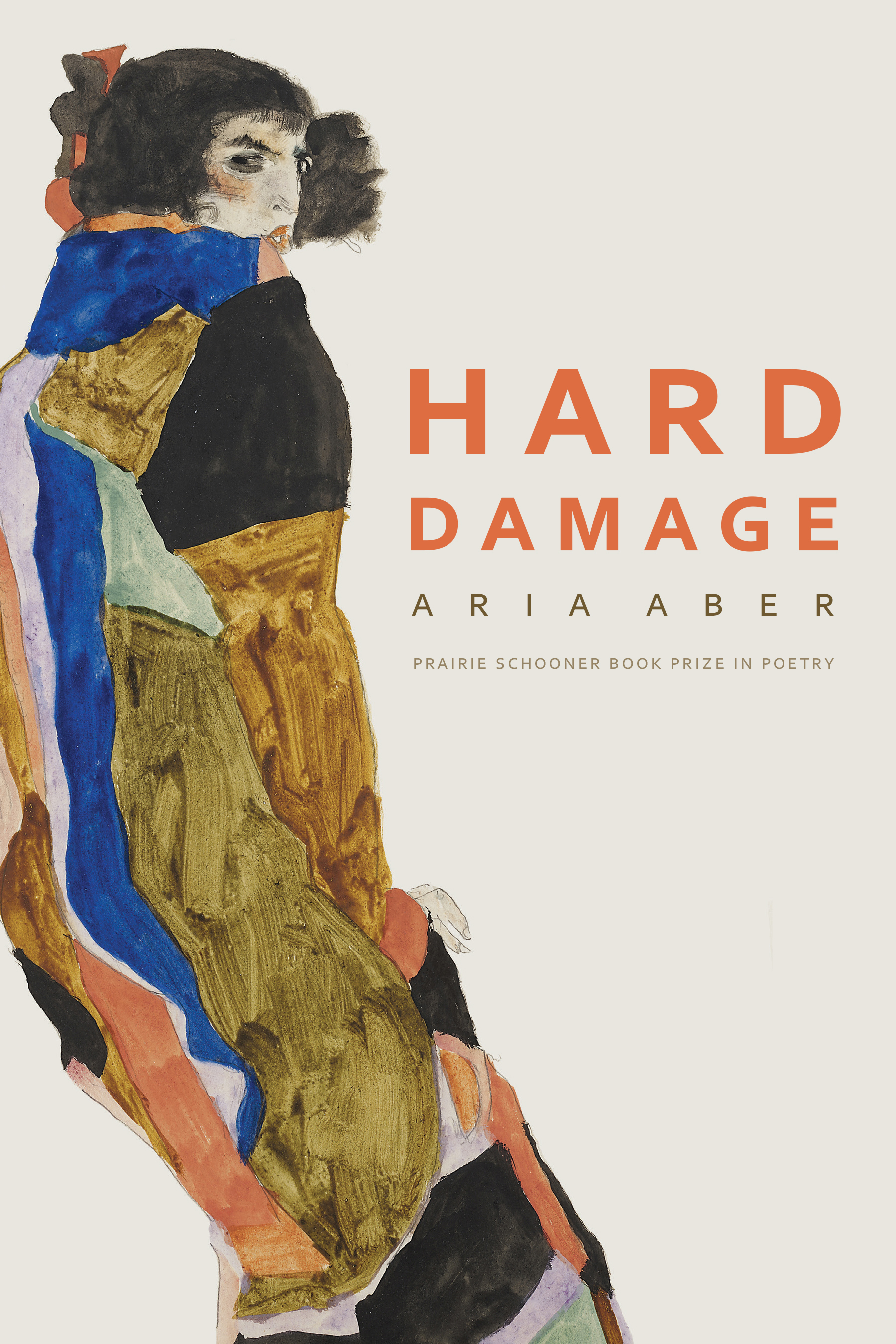
![[PANK]](https://pankmagazine.com/wp-content/themes/pank/assets/images/pank-logo-large.png)

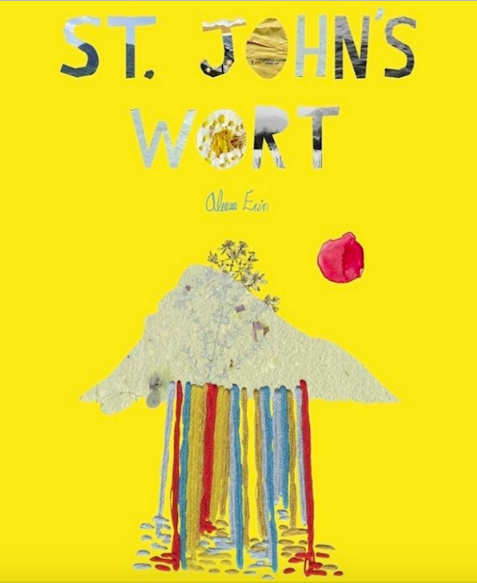 (Animal Heart Press, 2019)
(Animal Heart Press, 2019)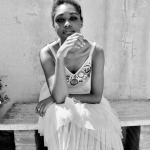 ALEXUS ERIN is an American poet, performer, and Ph.D. candidate living in the UK. Her poetry has previously appeared in Potluck Magazine, The Melanin Collective, The Nervous Breakdown, The Audacity, American Society of Young Poets, God Is in the TV, LEVELER, Red Flag Poetry, Silk + Smoke and a host of others. She is the author of Two Birds, All Moon (Gap Riot Press) and Cartoon Logic, Cartoon Violence (Cervena Barva Press). She was the 2018 Poet Fellow of the Leopardi Writers Conference and a performer at Edinburgh Fringe Festival (2018). Her screenplay, American Lotus Project, won the screenwriting award at Temple University’s Diamond Film Festival (2015). When Alexus isn’t writing, dancing, singing, comedy-ing or researching maternal/child health, find her growing plants in your walls as the co-founder of Wallflower Hydroponics, and trying to catch up on sleep.
ALEXUS ERIN is an American poet, performer, and Ph.D. candidate living in the UK. Her poetry has previously appeared in Potluck Magazine, The Melanin Collective, The Nervous Breakdown, The Audacity, American Society of Young Poets, God Is in the TV, LEVELER, Red Flag Poetry, Silk + Smoke and a host of others. She is the author of Two Birds, All Moon (Gap Riot Press) and Cartoon Logic, Cartoon Violence (Cervena Barva Press). She was the 2018 Poet Fellow of the Leopardi Writers Conference and a performer at Edinburgh Fringe Festival (2018). Her screenplay, American Lotus Project, won the screenwriting award at Temple University’s Diamond Film Festival (2015). When Alexus isn’t writing, dancing, singing, comedy-ing or researching maternal/child health, find her growing plants in your walls as the co-founder of Wallflower Hydroponics, and trying to catch up on sleep. KATE HOYLE was raised in Moraga, California. Her work has been published in Scoundrel Time, The Tupelo Press 30/30 Project, and Typishly. She is an MFA candidate in Poetry at the Warren Wilson Program for Writers.
KATE HOYLE was raised in Moraga, California. Her work has been published in Scoundrel Time, The Tupelo Press 30/30 Project, and Typishly. She is an MFA candidate in Poetry at the Warren Wilson Program for Writers.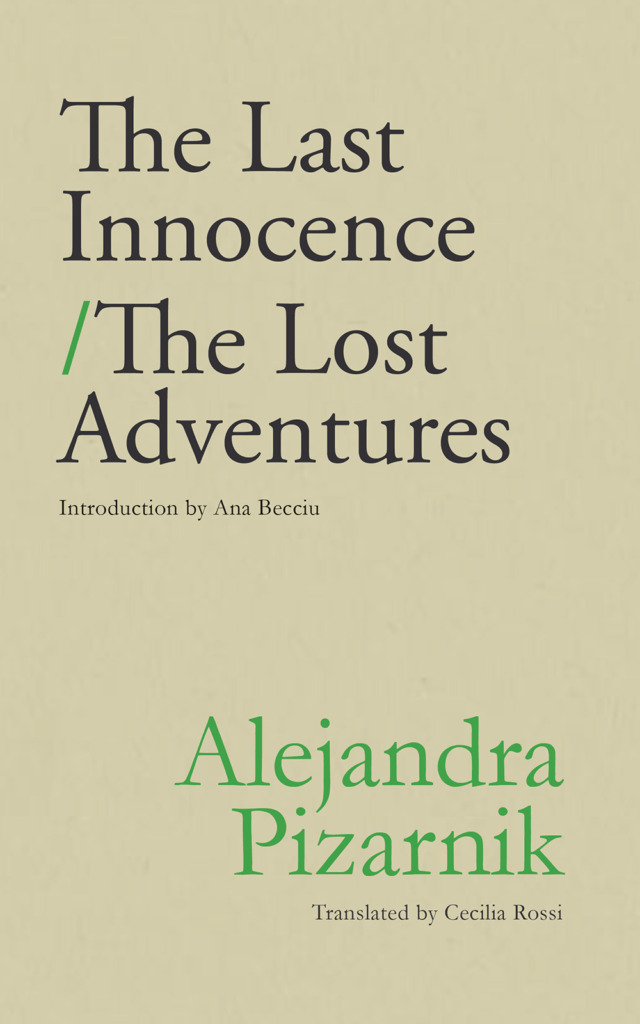
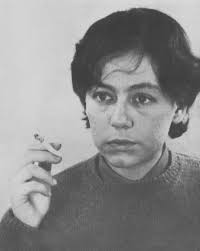 Indeed, the letters discussed by Cooke suggest to me that Pizarnik’s correspondence to Ostrov may have been manipulative, though, to what end? The letters leave the impression of a playful girl, and Enrique Vila-Matas, writing in Lit Hub in 2016, states, “The dark force of her Immaturity produces an irresistible attraction,” different from today’s “academic lyric poetry.” Pizarnik had a history of rebelling against the academic establishment, a characteristic that she shared with the Expressionists. But The Last Innocence/The Lost Adventures, collections written before her residence in Paris (1960-1964), has more affinities to Surrealism as compositions representing the poet’s unconscious psychological states of being and deep motivational drives (e.g., epigraph poem).
Indeed, the letters discussed by Cooke suggest to me that Pizarnik’s correspondence to Ostrov may have been manipulative, though, to what end? The letters leave the impression of a playful girl, and Enrique Vila-Matas, writing in Lit Hub in 2016, states, “The dark force of her Immaturity produces an irresistible attraction,” different from today’s “academic lyric poetry.” Pizarnik had a history of rebelling against the academic establishment, a characteristic that she shared with the Expressionists. But The Last Innocence/The Lost Adventures, collections written before her residence in Paris (1960-1964), has more affinities to Surrealism as compositions representing the poet’s unconscious psychological states of being and deep motivational drives (e.g., epigraph poem).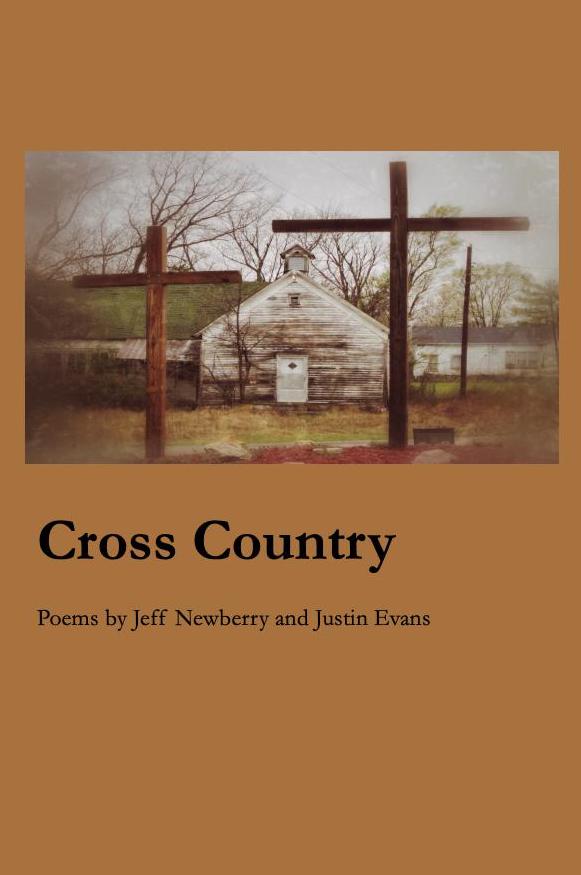
 JUSTIN EVANS was born and raised in Utah. After serving in the U.S. Army, he attended Utah schools and has been teaching in rural Nevada for the past 21 years, where he lives with his multi-media artist wife, Becky, and their three sons. He is the author of four chapbooks, including Four Way Stop, Gathering Up the Scattered Leaves, and Working in the Birdhouse, and four previous books of poems, including Town for the Trees, Hobble Creek Almanac, and Sailing This Nameless Ship.
JUSTIN EVANS was born and raised in Utah. After serving in the U.S. Army, he attended Utah schools and has been teaching in rural Nevada for the past 21 years, where he lives with his multi-media artist wife, Becky, and their three sons. He is the author of four chapbooks, including Four Way Stop, Gathering Up the Scattered Leaves, and Working in the Birdhouse, and four previous books of poems, including Town for the Trees, Hobble Creek Almanac, and Sailing This Nameless Ship. JEFF NEWBERRY is an essayist, fiction writer, and poet. His previous books include the novel A Stairway to the Sea and the poetry collection Brackish. Recently, his writing has appeared in Brevity: Concise Nonfiction, Sweet, and The American Journal of Poetry. He is on the core faculty in the Writing and Communication Program at Abraham Baldwin Agricultural College in Tifton, Georgia, where he lives with his wife and two children.
JEFF NEWBERRY is an essayist, fiction writer, and poet. His previous books include the novel A Stairway to the Sea and the poetry collection Brackish. Recently, his writing has appeared in Brevity: Concise Nonfiction, Sweet, and The American Journal of Poetry. He is on the core faculty in the Writing and Communication Program at Abraham Baldwin Agricultural College in Tifton, Georgia, where he lives with his wife and two children.